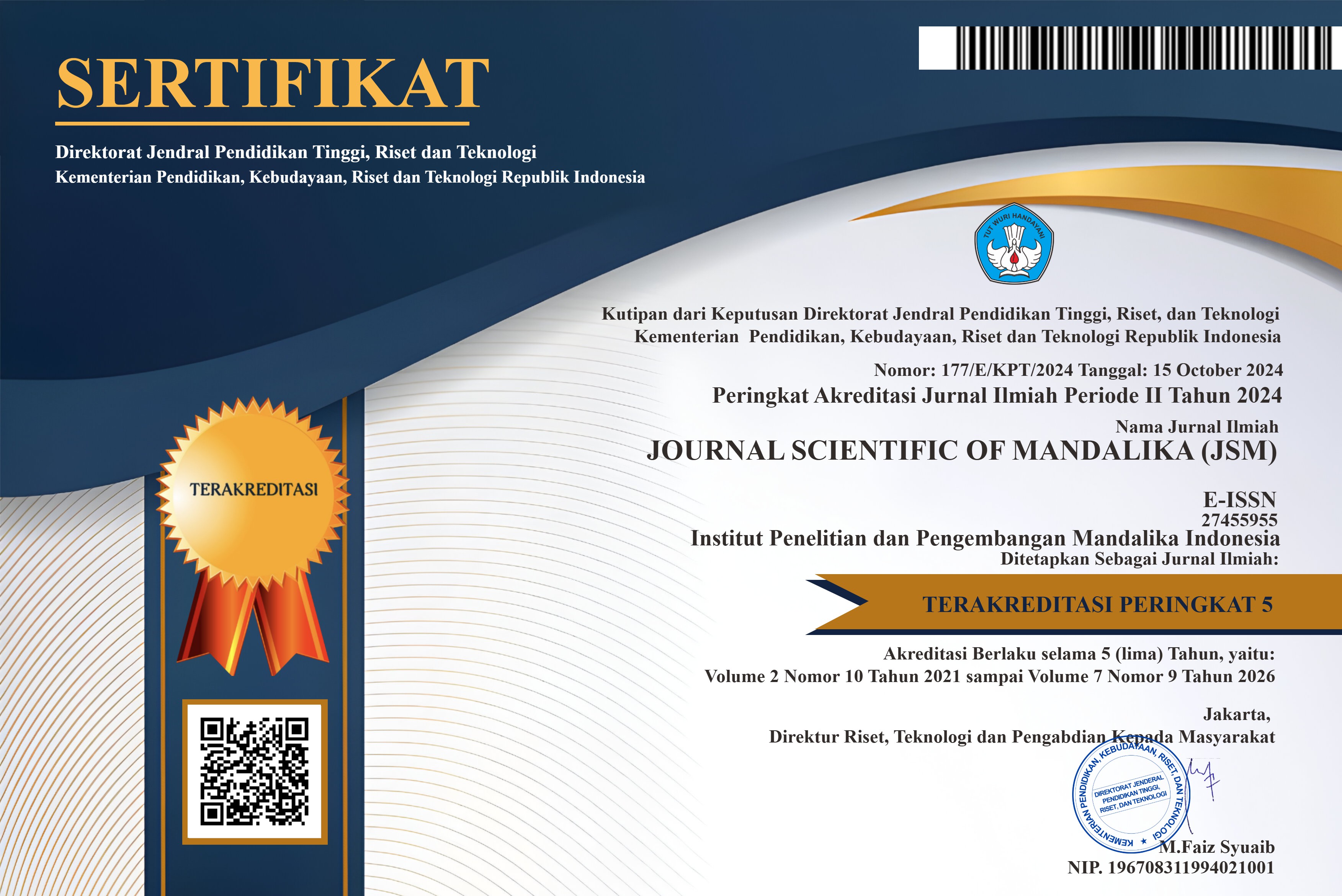Peranan Kebijakan dalam Perekonomian Terbuka Indonesia: Analisis Berdasarkan Model Mundell-Fleming
Abstract
Economic growth is the main indicator of development success, especially in developing countries such as Indonesia. This study aims to analyze the effect of the amount of money in circulation (JUB. M1), government spending, and the exchange rate against Gross Domestic Product (GDP) using the Mundell-Fleming theoretical framework. The methods used are econometric analysis with multiple linear regression and Principal Component Regression (PCR) to overcome multicollinearity between independent variables. The data used is sourced from the 2010–2023 period, involving key macroeconomic indicators. The results show that all independent variables have a significant influence on GDP. The increase in government spending showed the most significant impact, followed by the amount of money supply and the exchange rate. The resulting regression model proved to be feasible with an Adjusted R Square value of 0.9792, showing the model's ability to explain GDP variance. This research emphasizes the importance of fiscal and monetary policy synergy in maintaining economic stability and encouraging sustainable growth in Indonesia.
Copyright (c) 2024 Eka Avianti Ayuningtyas, Ary Santoso, Aim Abdul Karim

This work is licensed under a Creative Commons Attribution-ShareAlike 4.0 International License.














